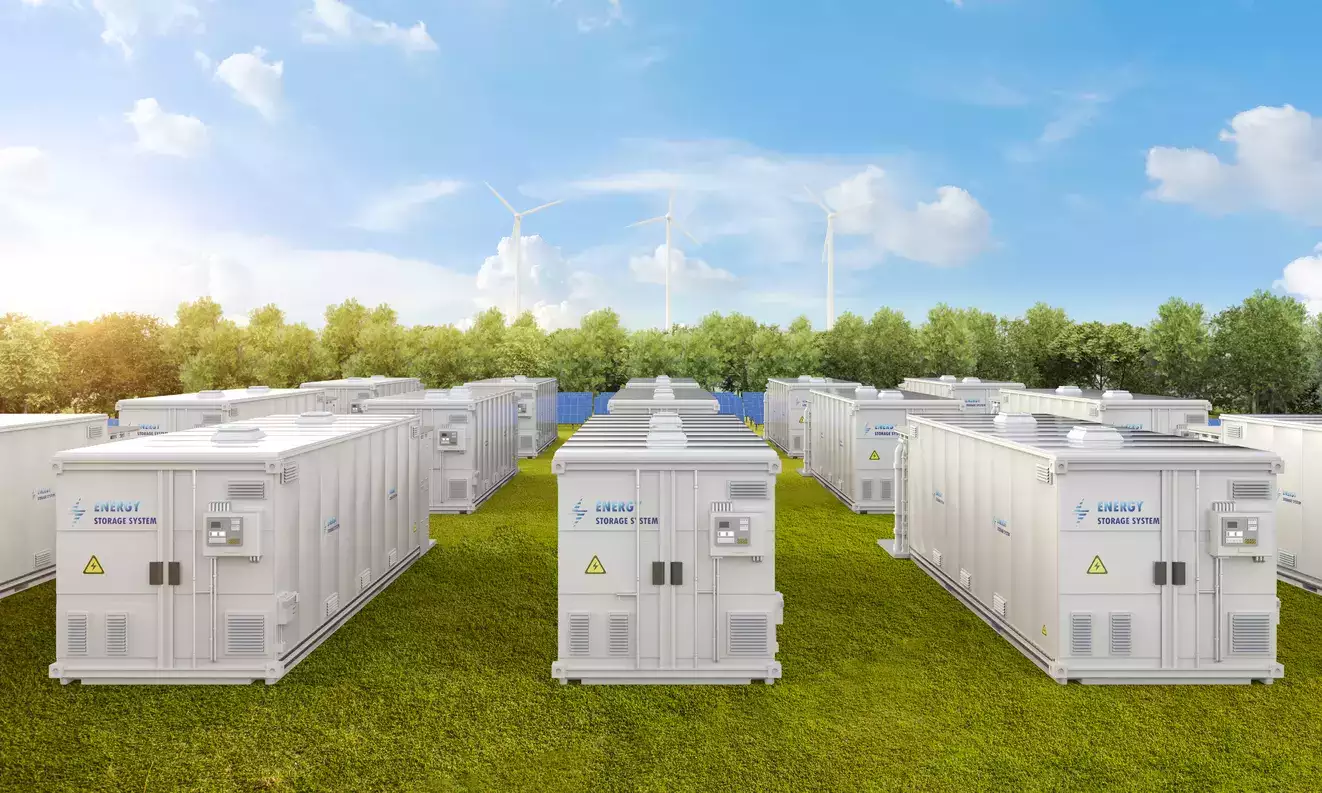 With the increasing adoption of EVs and the decarbonisation of the energy grid, the demand for lithium-ion batteries is projected to reach 54 GWh by FY27 and 127 GWh by FY30.New Delhi:
With the increasing adoption of EVs and the decarbonisation of the energy grid, the demand for lithium-ion batteries is projected to reach 54 GWh by FY27 and 127 GWh by FY30.New Delhi: Zerodha co-founder Nikhil Kamath has revealed that his biggest investment this year is in the electric vehicle (EV) sector. Kamath, known for his forward-thinking approach, shared that his investments span a wide range of EVs, from scooters and buses to trucks, and he is now eyeing air taxis as the next frontier.
In a recent social media post on LinkedIn, Kamath expressed his belief in the long-term shift towards electric mobility. "The largest bet this year for me has been that all vehicles will be electric someday. We have invested in everything from scooters to buses to trucks to maybe air taxis next," he wrote.
Kamath, who has long been bullish on the EV space, has previously discussed the potential of electric vehicles, battery manufacturers, and solar energy firms on his podcast.
He also shared that the transition to electric vehicles could be accelerated by increased awareness of climate change, as well as the potential for reduced commuting costs. "The drop in the cost per km of commute will, we hope, make good for the initial arbitrage in capex," he explained.
Kamath’s focus on the EV sector highlights his confidence in its future and reflects his commitment to investing in sustainable, innovative technologies.
Along with the social media post, he also put up snapshots of a FinFloww and Gruhas research, which highlighted that as of October 2024, renewable energy accounts for 46.3% of the country’s total installed capacity.
This development aligns with India’s target of 500 GW or 50% energy from renewables by 2030, for which the country demands a solid battery energy storage system (BESS). This system aids in storing excess energy when demand is low and circulating energy during peak hours.
A closed and reliable supply chain for renewable energy is created, as it is inherently intermittent due to varying nature prospects.
Usage of BESS for commercial purposes:
-
Cost-saving: BESS can bring down energy bills by minimizing peak demand charges and reducing diesel use when operating off-grid.
-
Curbing emissions: When paired with renewables, BESS can help lower fossil fuel usage and cut down on emissions.
-
More reliability: BESS can provide backup during energy outages, thus being more reliable and making operations run more efficiently.
-
Enhanced grid stability: BESS can stabilize the grid by balancing supply and demand, reducing the need for costly infrastructure developments.
Li-ion batteries, a reliable choice?With the increasing adoption of EVs and the decarbonisation of the energy grid, the demand for lithium-ion batteries is projected to reach 54 GWh by FY27 and 127 GWh by FY30, according to the report.
Due to the reduction in lithium-ion battery costs in recent years, driven by technological advancements and economies of scale, these batteries have become widely adopted. This makes lithium-ion batteries the go-to storage technology for large-scale BESS plants and electric vehicles, the report added.
However, India is heavily reliant on foreign countries for this resource. In FY23, India met almost its 15 GWh demand through imports, valued at USD 3.59 billion, of which USD 2.6 billion was from China.
Self-sufficient IndiaIndia must minimise its dependence on foreign countries, such as China, for lithium resources to mitigate national security risks, reduce expenditures, and address geopolitical concerns.
With recent discoveries of lithium reserves in Jammu and Kashmir and Rajasthan, the country has an opportunity to become energy-independent. However, dependence on a single reserve is not ideal, so alternatives such as sodium-ion batteries and solid-state battery technologies should be explored by the country.
GoI’s initiatives for making India self-sufficient:
-
National Framework for Energy Storage: This provides benefits to BESS similar to those for renewable energy generators.
-
Viability Gap Funding (VGF) Scheme: This scheme aims to develop 4,000 MWh of BESS projects by 2030-31.
-
PLI Scheme: The Production Linked Incentive (PLI) scheme has a budgetary outlay of INR 18,100 crore to boost the local production of Advanced Chemistry Cell (ACC) batteries.
-
ACC Battery Storage: This promotes advanced battery technologies and their integration into the energy grid.
-
National Energy Storage Mission: This mission aims to establish a comprehensive policy framework for the development and manufacturing of energy storage systems.
-
Critical Mineral Mission: This mission boosts domestic production, recycling, and overseas acquisition of critical minerals, including copper, lithium, nickel, cobalt, and other rare earth materials.
